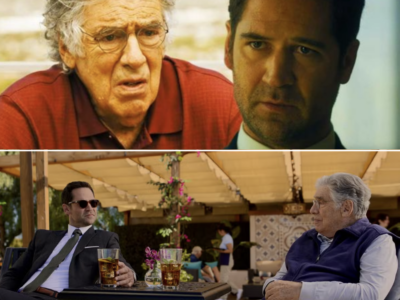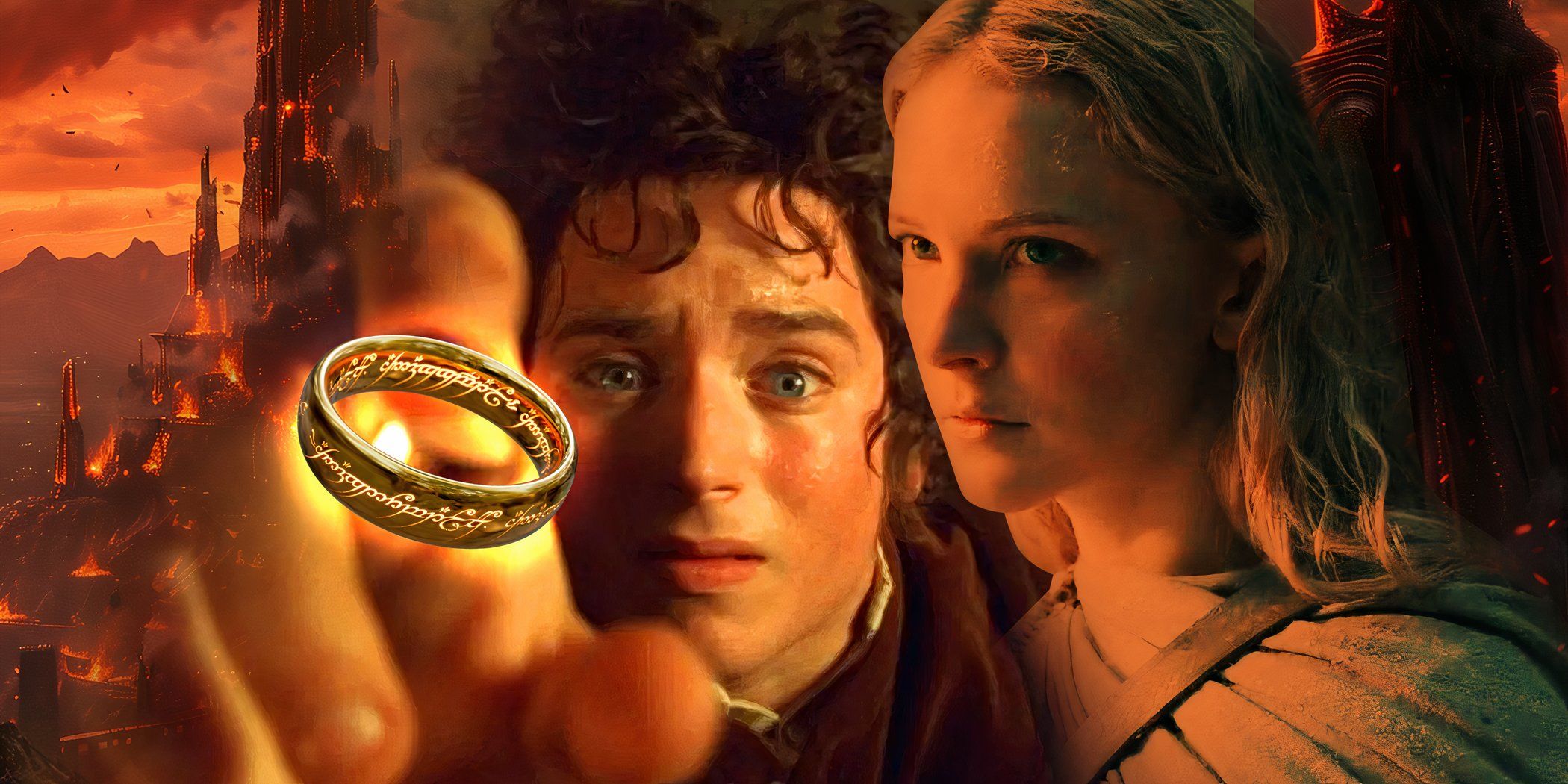
The Rings of Power has faced a lot of heat since it was first announced, but one of the greatest aspects of J.R.R. Tolkien’s The Lord of the Rings won’t allow me to hate the series. As one of the most iconic pieces of fantasy, it’s no surprise that fans are intensely protective of The Lord of the Rings. I am often among those rolling their eyes when a great story is slaughtered for the screen. However, Tolkien’s unique method of storytelling makes Lord of the Rings a perfect source for adaptations, which is why I find many criticisms of Rings of Power unfair.
The controversy around Prime Video’s Rings of Power has been unending. A great deal of this comes from loyalty to Peter Jackson’s The Lord of the Rings trilogy, which has become the pinnacle of book-to-screen adaptations despite facing its own wave of criticism back in the early 2000s. However, there are also the Tolkien purists, who are frustrated with the many changes Rings of Power has made to the Second Age. Breaking canon is often a serious crime, and this is clear from Rings of Power‘s reception. The problem is that Tolkien never had a single canon for The Lord of the Rings.
Tolkien Wrote His Lord Of The Rings Books Like Real-World Histories
Tolkien Approached His Work Like They Were Found Manuscripts Rather Than His Own Invention
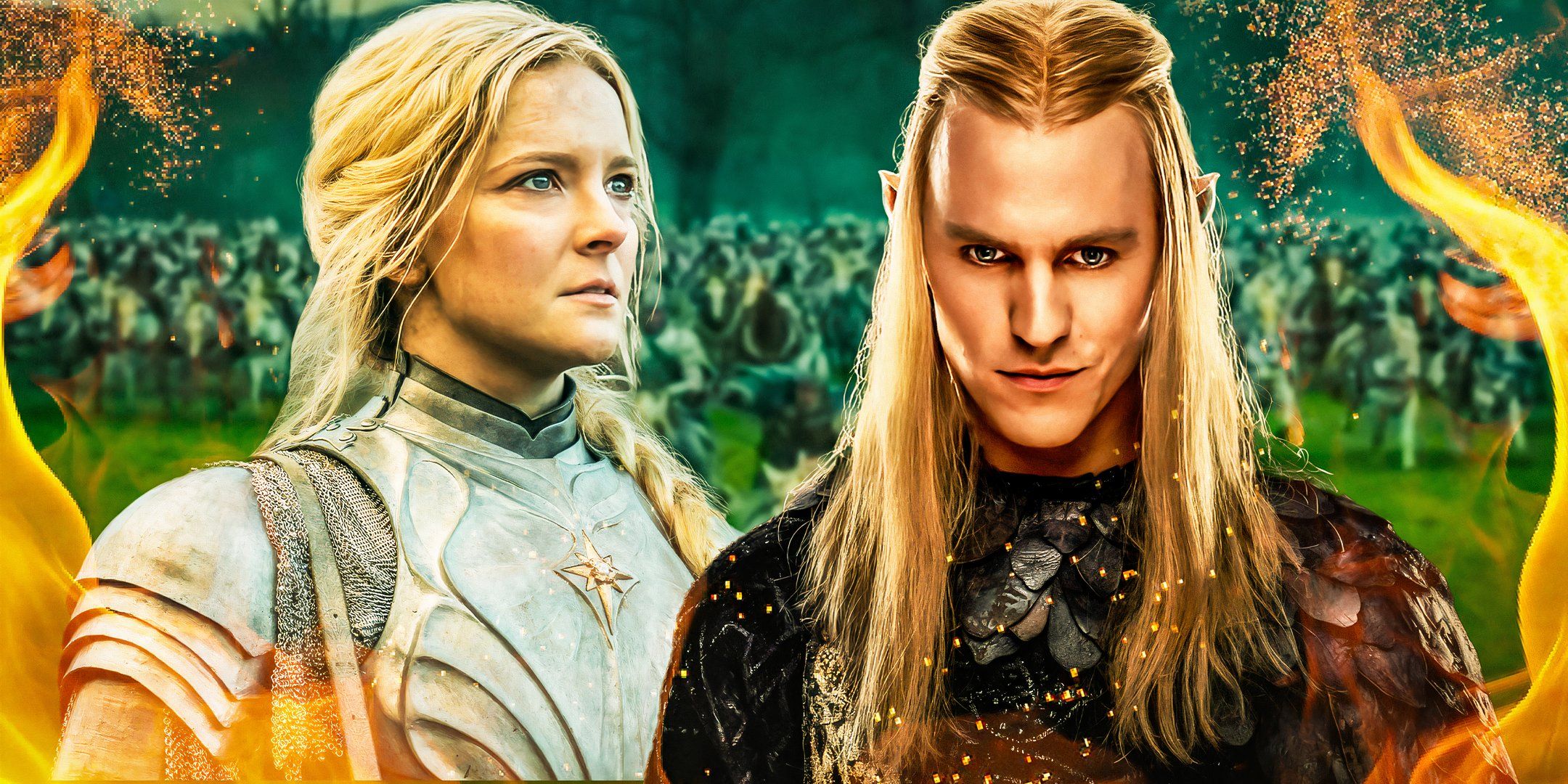
Tolkien was a philologist, which basically means he was a historian and linguist with a profound interest in the passing down of written and oral storytelling. He was an expert in European history and folklore, and this played a significant role in The Lord of the Rings. Rather than simply writing a story about a creature called a hobbit who found a magical ring, Tolkien approached his work as if someone else had written them centuries before and that he had simply discovered and translated them. This “found manuscript” literary device allowed Tolkien a great deal of flexibility in his legendarium.
The central story of The Lord of the Rings was meant to be contained within the Red Book of Westmarch, an in-world volume written collectively by Bilbo Baggins, Frodo Baggins, Sam Gamgee, and Sam’s descendants. Tolkien was meant to have discovered the Red Book and constructed an English translation of its contents into The Hobbit and The Lord of the Rings. The Appendices of Return of the King and posthumously published works like The Silmarillion were meant to be records of other such ancient texts written from the perspective of the Elves of Middle-earth, left behind to preserve their history.
Tolkien’s Approach Means There Isn’t Only 1 Version Of Canon
Tolkien Wrote Multiple Versions Of The Same Stories Just Like Real Histories Come With Different Perspectives
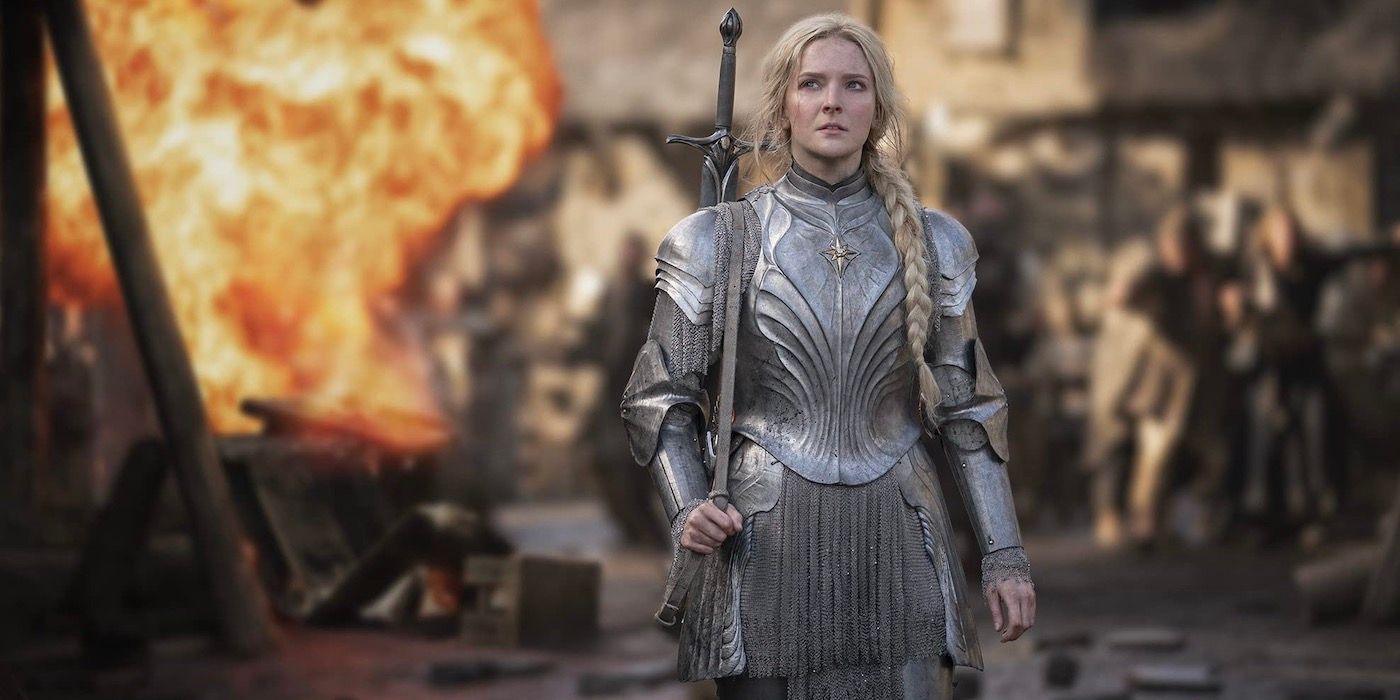
Tolkien’s “found manuscript” approach to his works meant a great deal of flexibility with his legendarium. For example, after The Hobbit had already been published, he conceived the idea for The Lord of the Rings but recognized that the original version of Bilbo’s story (in which Gollum willingly bet the One Ring and easily handed it over) contradicted the idea that Gollum’s ring was Sauron’s great weapon. So, he retconned the original story, republished a version in which Bilbo basically stole the One Ring, and included a note stating that Bilbo had simply lied about how he attained it.
Other examples can be found all throughout Tolkien’s Middle-earth legendarium. The Silmarillion and The Unfinished Tales of Numenor and Middle-earth are full of different versions of the same story. Tolkien’s various documented letters reveal that the author specifically left some questions unanswered (looking at you, Tom Bombadil, and Ungoliant) since real-world history doesn’t come with all the answers either. It’s a delightful way to tell a story and is how Tolkien managed to build one of the most complex literary worlds in history. What’s more, it makes Middle-earth’s stories perfect for screen adaptations.
Rings of Power season 2 premieres on August 29, 2024.
I Don’t Mind The Rings Of Power Making Changes To The Second Age
Rings Of Power’s Changes To Canon Are No Different Than The Changes Made In Historical Fiction
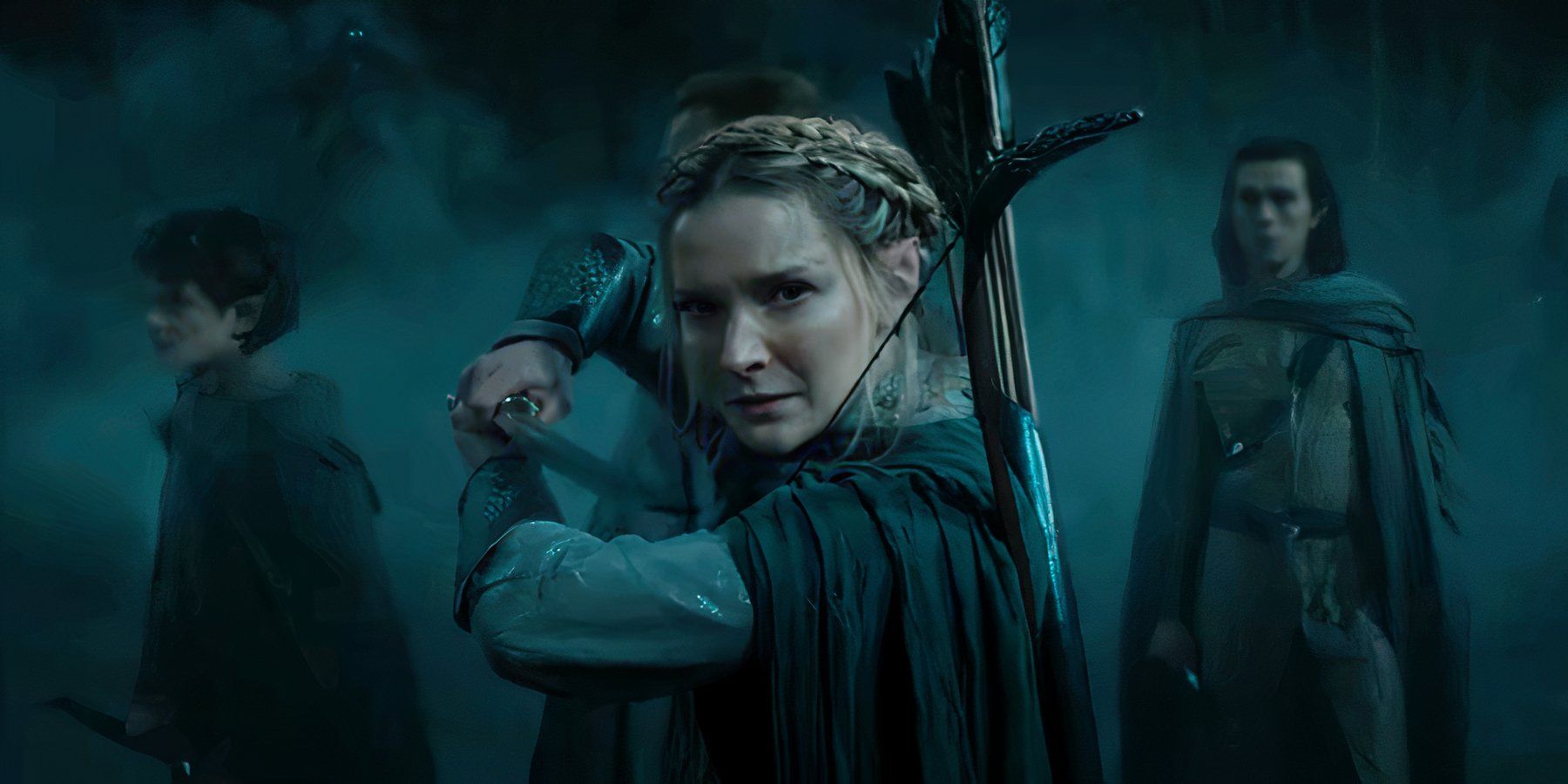
When Tolkien’s canon is considered a single cohesive story, I understand why audiences would be frustrated with screen adaptations making changes. I myself cringe when great books are demolished by screenwriters, all for the sake of making money. However, I prefer to look at The Lord of the Rings and other Middle-earth stories the way that Tolkien did—as tales and legends recorded by scholars during a time long past. They are flexible, living, breathing things that can be interpreted differently depending on who has taken up the story to pass it on to the next generation.
Storytelling is a universal human experience, and we’ve been doing it for thousands of years. Stories about Thor and other Norse gods got their start from people whose names we will never know, but these tales are still adapted into movies and TV shows of every possible genre today. Since Tolkien approached Middle-earth with this same energy, I don’t mind seeing series like The Rings of Power make changes and reshape the legendarium so that it can be passed on to even more audiences. Like any other legend, this keeps The Lord of the Rings alive. If it doesn’t evolve, the story will eventually go extinct.
Can Rings Of Power & Other LOTR Adaptations Go Too Far?
Any Adaptation Must Preserve The Spirit Of Tolkien’s Works
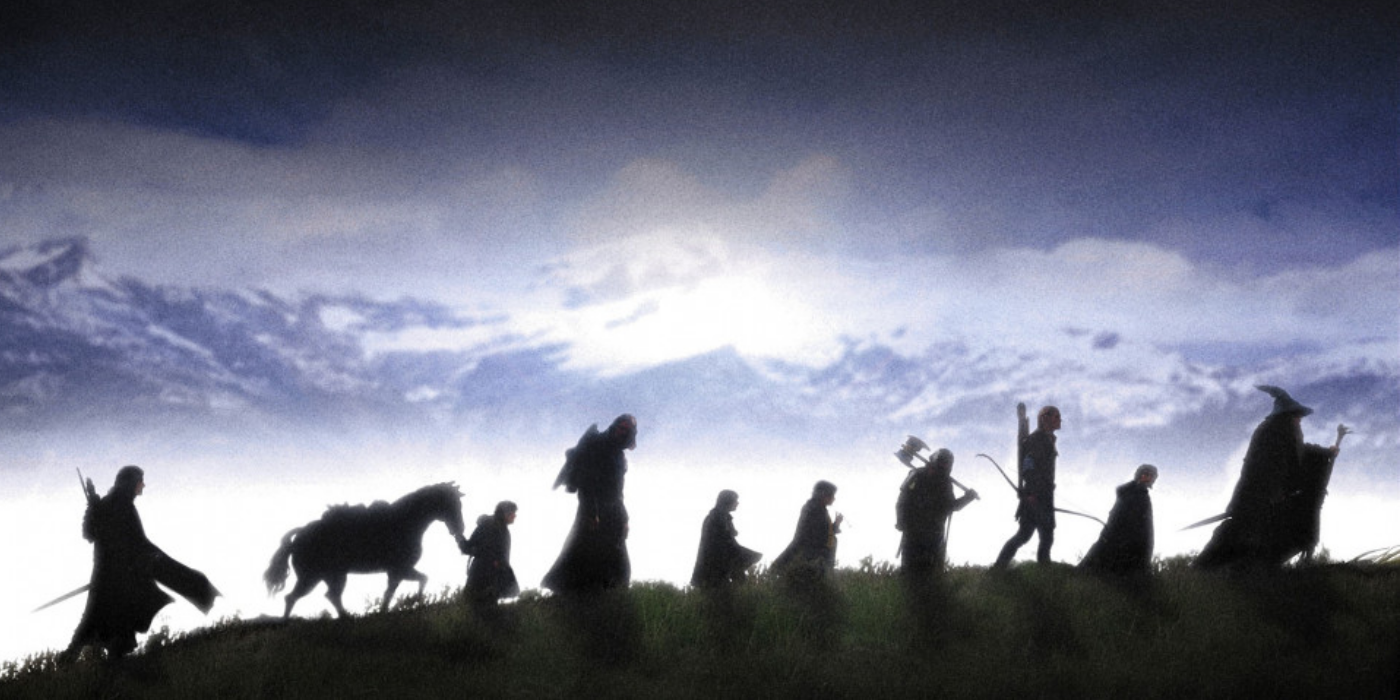
Of course, I’m not saying that Prime Video can do anything it pleases with Tolkien’s works and that I won’t bat an eyelash. There were several moments in The Rings of Power season 1 when I questioned what the writers were thinking when they made certain changes (i.e., the Elves needing Mithril to say in Middle-earth). My main requirement is that an adaptation of The Lord of the Rings keeps with the spirit of Tolkien’s works. A movie or TV show set in Middle-earth must align with the themes of good and evil, creation and beauty, and the slippery slope to corruption. In my opinion, The Rings of Power has so far done this.
However, it can’t be denied that Tolkien himself might not have shared my opinion. While the legendary author had a passion for storytelling and its impact on history, he was very open about his disgust with movies and television. He might not have minded interpretations of his invented histories, but Tolkien’s letters indicate that he found any screen adaptation of his work to be a cheap exaggeration of his intended story. Still, this cannot erase my love for Peter Jackson’s Lord of the Rings movies, and for that reason, I must continue to give The Rings of Power a chance.
